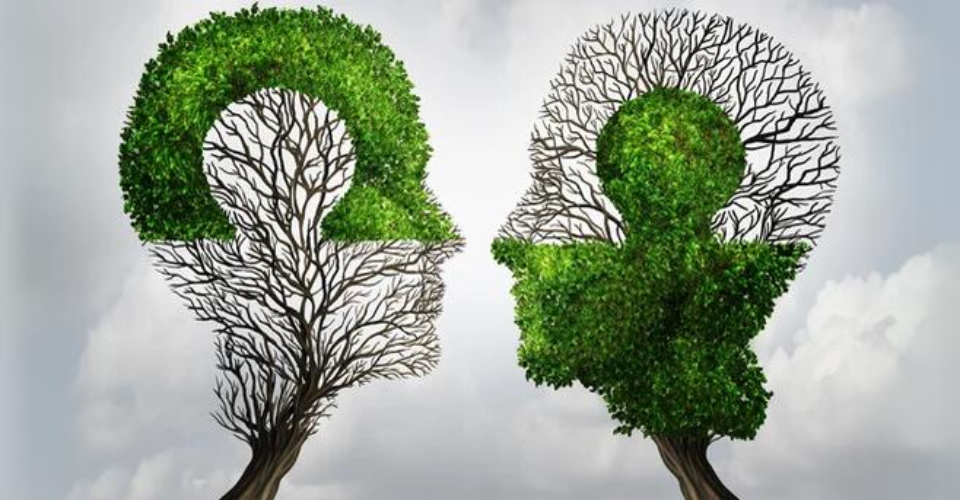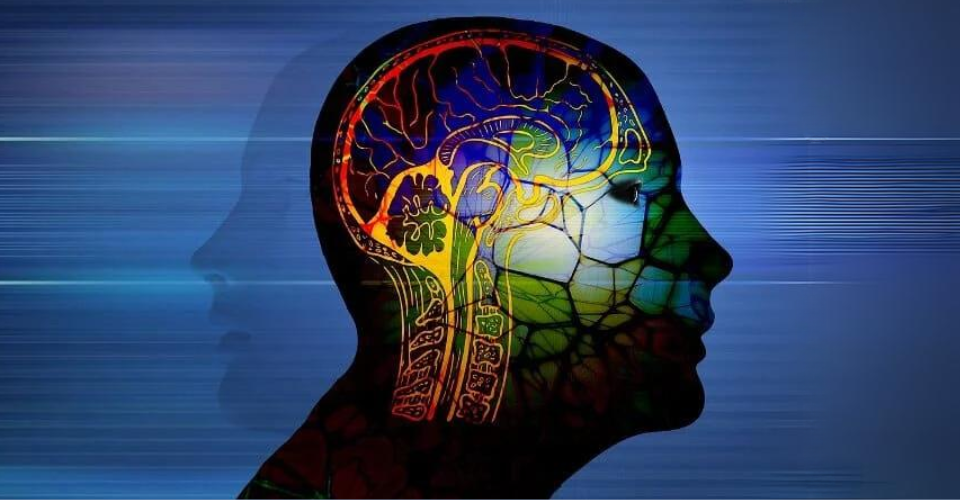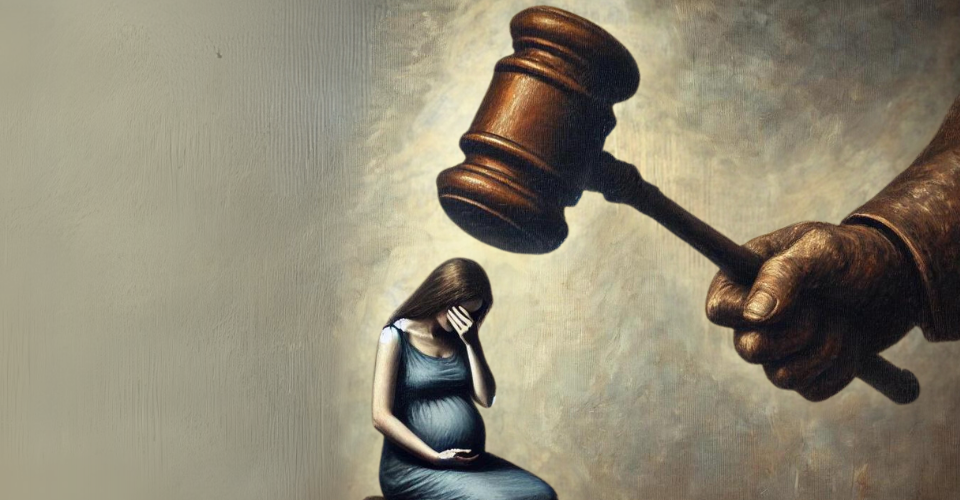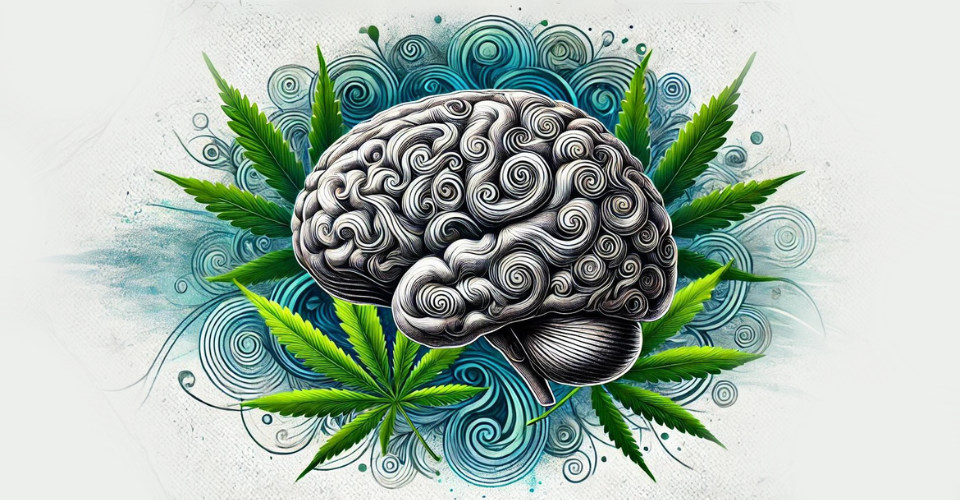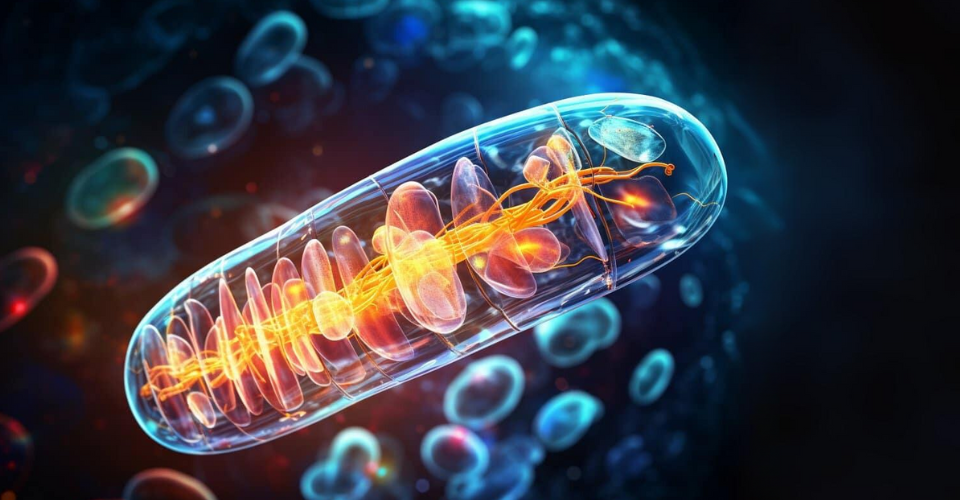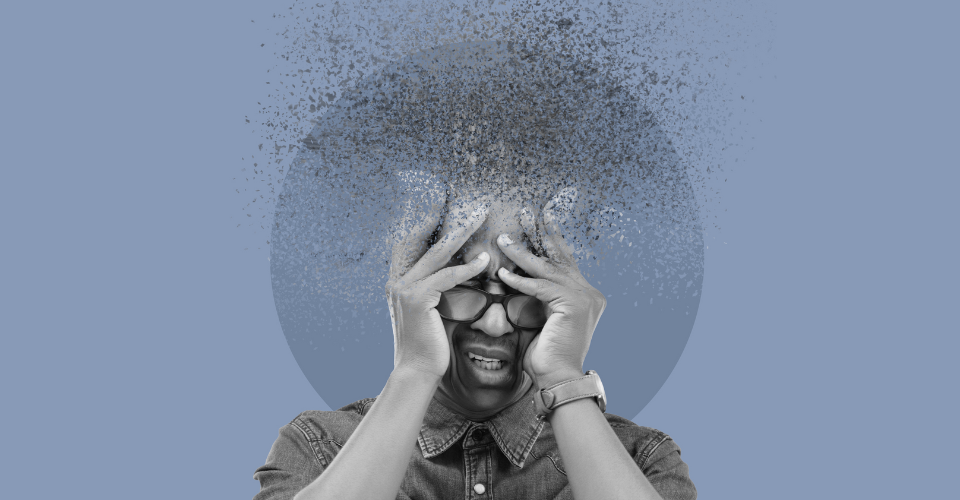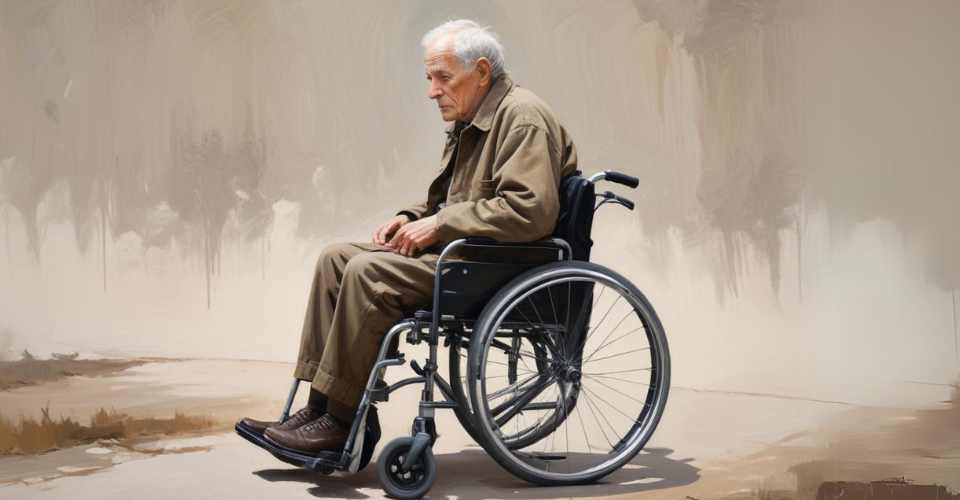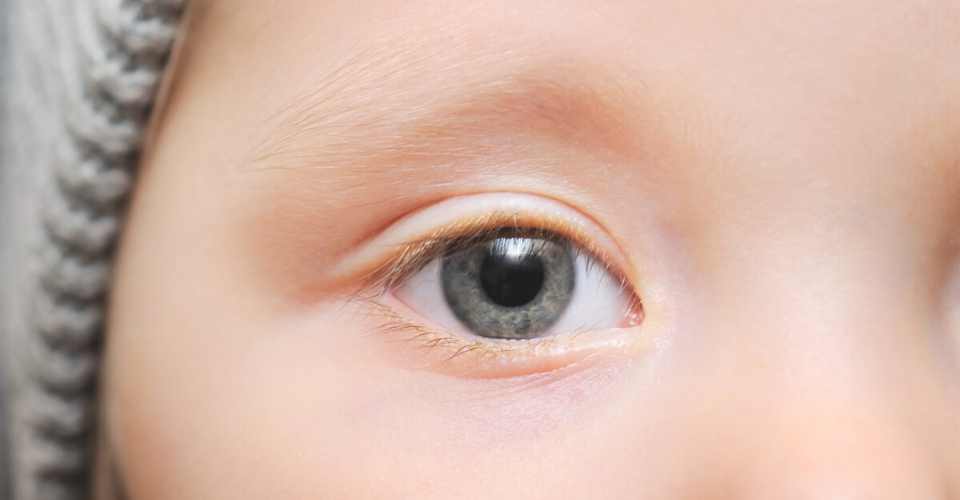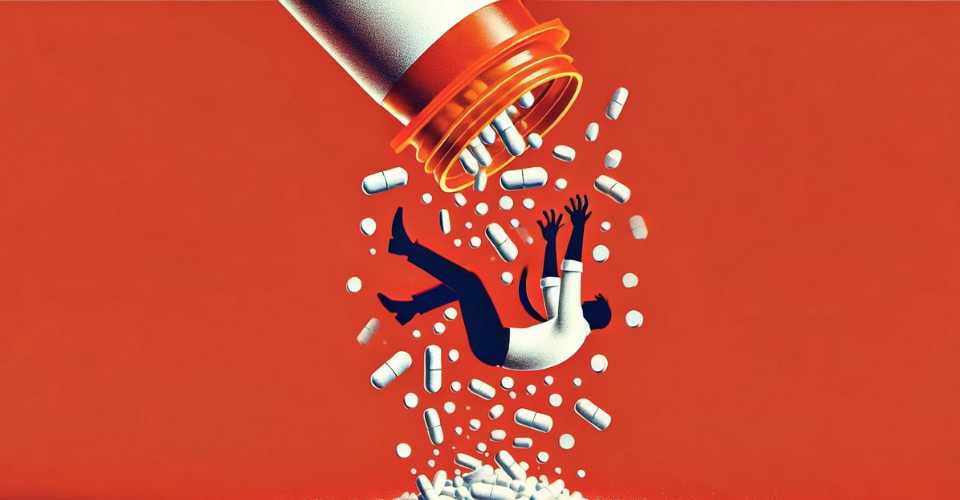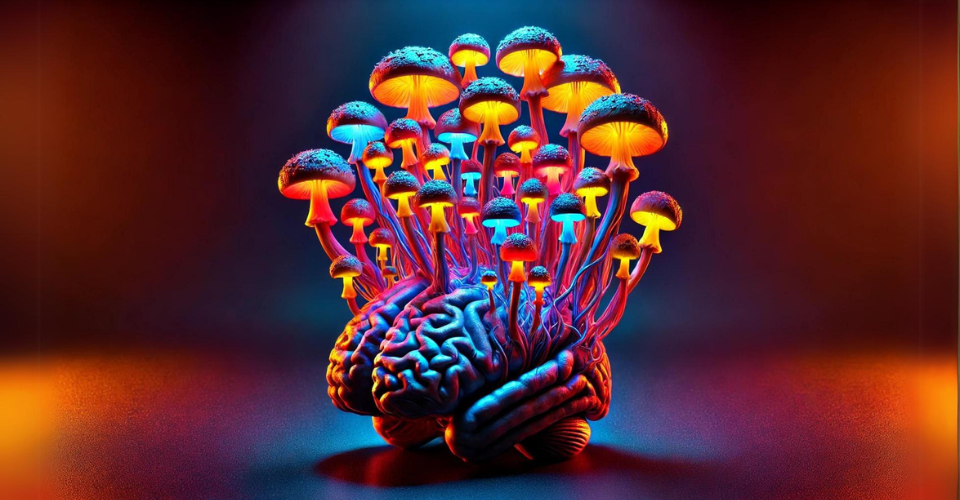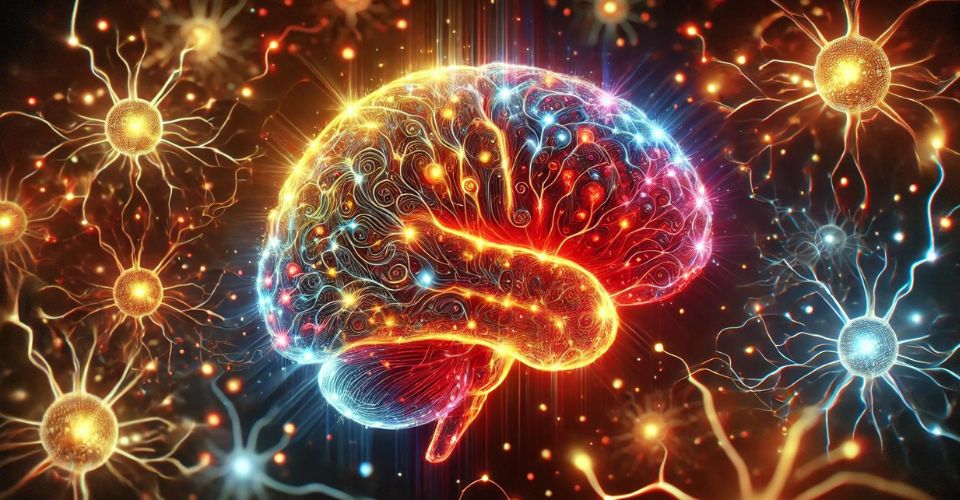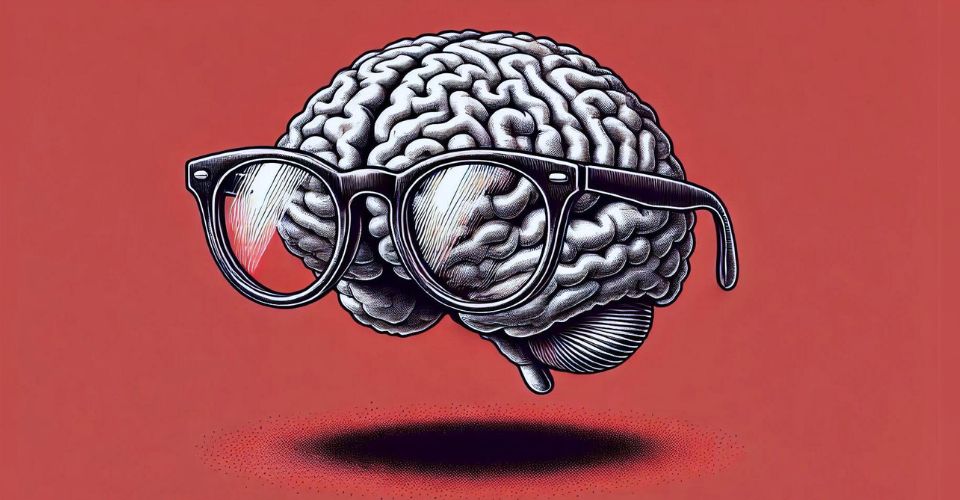While Postpartum Depression has long been acknowledged as a significant concern for new mothers, emerging research is illuminating the unique challenges associated with postpartum depression in fathers.
Dr. Tiffany Farchione, the director of the psychiatry division in the FDA’s Center for Drug Evaluation and Research, described PPD as a “potentially life-threatening condition in which women experience sadness, guilt, worthlessness — even, in severe cases, thoughts of harming themselves or their child.”
A Pilot Study Reveals the Prevalence of Postpartum Depression in Fathers
In September, the journal BMC Pregnancy and Childbirth published a pilot study conducted at the University of Illinois-Chicago that focused on postpartum depression in fathers.
Past studies had estimated that PPD affects 8% to 13% of new fathers. However, this new study of 24 dads screened for PPD found that a staggering 30% of them were determined to have it.
These findings emphasize not only the need for more research in this area but also the importance of checking on fathers’ mental health after the birth of a child.
The Unique Challenges of PPD in Men
Despite the growing awareness of PPD in women, men’s experiences with postpartum depression have received little attention. Unique societal forces contribute to PPD in fathers.
Psychologist Daniel Singley, founder of the Center for Men’s Excellence, notes, “As a society, we’re generally taught women are natural mothers, but stereotypes of dads in the media are the absent father or the bumbling dad.”
This societal perception adds an extra layer of complexity for fathers dealing with PPD. The pressure to conform to traditional gender roles can exacerbate their feelings of inadequacy as parents.
Undetected PPD in Men
Postpartum depression in men often goes undetected due to a lack of screening and awareness.
Singley explains, “For fathers, depressive symptoms tend to spike around four to five months postpartum for which a lot of men won’t connect what they’re experiencing to the birth and a postpartum disorder.”
The Importance of Seeking Help
Treating postpartum depression in men can have a positive impact not only on the fathers themselves but also on their spouses and children.
However, many men do not seek treatment from mental health professionals due to the stigma attached to it.
Will Courtenay, a practicing psychologist in Oakland, California, warns that “left untreated, we know postpartum mood disorders often worsen and they can result in damaging, long-term consequences for a man, his marriage, and his entire family.”
Recognizing Symptoms in Men
Depression can manifest differently in men and women, making it crucial to pay attention to specific symptoms.
According to Singley, the “four cardinal symptom presentations of masked male depression include irritability (ranging from frustration to rage), a tendency to somaticize (depression manifesting in physical symptoms like stomach or back pain), an increase in coping behaviors (such as drinking, drug use, gambling, gaming, etc.), and social withdrawal.”
Understanding Risk Factors
Knowing the risk factors that increase the likelihood of experiencing postpartum depression is essential for new dads.
Sarah Allen, a psychologist specializing in working with new parents and founding director of the Postpartum Depression Alliance of Illinois, explains that “many of the risk factors for postpartum depression in women also predispose men to postpartum depression.”
Recovery and Support for Dads
Despite the toll that postpartum depression takes on fathers, they can fully recover and thrive with proper care and support.
Singley advises, “Your average dude thinks they have to stuff it and move on. And that is a mistake. Do not self-isolate. Don’t keep it to yourself. Talk to a trusted colleague or friend. Talk to other dads or a father figure.”
Both Singley and Allen recommend Postpartum Support International (PSI) as a valuable resource for dads seeking support. PSI offers a helpline and opportunities for fathers to join support groups, consult with fatherhood experts, and connect with local volunteers.
Expanding the Role of Men in Family Life
Supporting men with postpartum depression also involves expanding our understanding of a man’s role in family life and considering their emotional well-being more broadly.
Singley emphasizes that “men are socialized to protect, provide, and sacrifice, and that is noble. The problem is when men decide that is all they are going to do.”
“A man will be a lot healthier if they protect, provide, and sacrifice in some situations, and in other situations, allow others to protect them.”
In conclusion, the recent pilot study on postpartum depression in fathers underscores the importance of recognizing and addressing this often-overlooked issue.
By increasing awareness, providing support, and challenging societal stereotypes, we can better support fathers in their journey through postpartum depression and ultimately create healthier and happier families.










